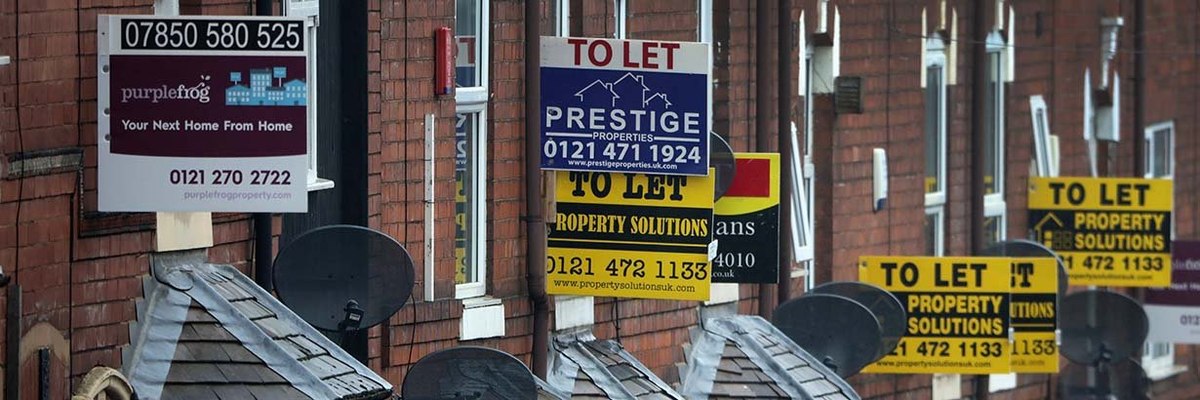Six in ten support banning no-fault evictions, with longer required notice periods also favoured
This week, the government are expected to bring forwards their first draft of the Renters’ Rights Bill, which will strengthen the legal protections that renters have, including banning ‘no-fault’ evictions and giving extra security to tenants. Labour say this will deliver on their pledge to transform the private rental sector. But would such policies, which will largely only benefit the fifth of the public who are private renters, have widespread support?
Six in ten Britons (60%) would support an outright ban on ‘no-fault’ evictions, with landlords instead required by law to give a valid ground for repossession. This policy has supporters across the political spectrum, from just over half of Conservative and Reform UK voters (51-54%) to two-thirds of Labour voters (67%). It also has the backing of eight in ten (78%) private renters. This stands against just one in five Britons (21%) opposed to such a law change.
The public also tend to favour renters having greater security through longer notice times. At present, landlords in England are required to give tenants two months’ notice if they issue them with a Section 21 ‘no fault’ eviction notice. While the majority of Britons feel this is adequate notice for those who have rented the property for less than a year, with 37% of Britons even favouring shorter notices for such tenants, they believe those renting for longer periods should be entitled to greater protection.
If a tenant has been renting the property for five years, only one in five (21%) feel a notice of two months or less would be appropriate. Instead, 23% feel the right notice would be three months, a third (32%) feel six months is just, with one in seven (14%) believing a notice of a year or longer should be required. By the time a renter has lived in a property for more than ten years, this rises to a third (33%) feeling a notice of a year or more is right, even if the median position of the public remains at six months.
Other potential reforms supported by the public include banning MPs from serving as landlords, with just 22% of Britons believing this should be allowed, compared to 55% who believe it should not. At present 85 MPs declare themselves to be landlords, with the one owning the most properties, Labour MP Jas Athwal, coming under criticism last month after the BBC revealed the poor conditions of some of his rental flats.
Landlords are unpopular, and the public tend to think laws on how they must treat tenants aren’t strict enough
But such clear-cut support for rental reform should not be surprising when considering that this bill will be introduced against a backdrop where half of the public (49%) believe the existing rules for how landlords must treat their tenants are not strict enough, with only one in five Britons (20%) believing they are about right and just 7% thinking current laws are too strict.
Similarly, just one in five Britons (22%) have a favourable view of landlords, against a majority (54%) holding an unfavourable view. This net negative view is true across the board, with, perhaps surprisingly, the most positive opinion of them coming among private renters themselves, one in three of whom (33%) carry a favourable view of landlords, even if 56% look upon them in a less than favourable light.
If the new bill does eventually pass, it will likely increase the perception that Labour errs more on the side of renters than landlords. At present, one in three Britons (35%) view the new government as pro-renter, against only 8% who feel they are more pro-landlord. This is a shift from the previous government, which was perceived as pro-renter by only 6% of Britons, with half of the public (47%) feeling the Tories generally took the side of landlords.
What do you think about renters’ rights, housing in general, and everything else? Have your say, join the YouGov panel, and get paid to share your thoughts. Sign up here.
Photo: Getty







